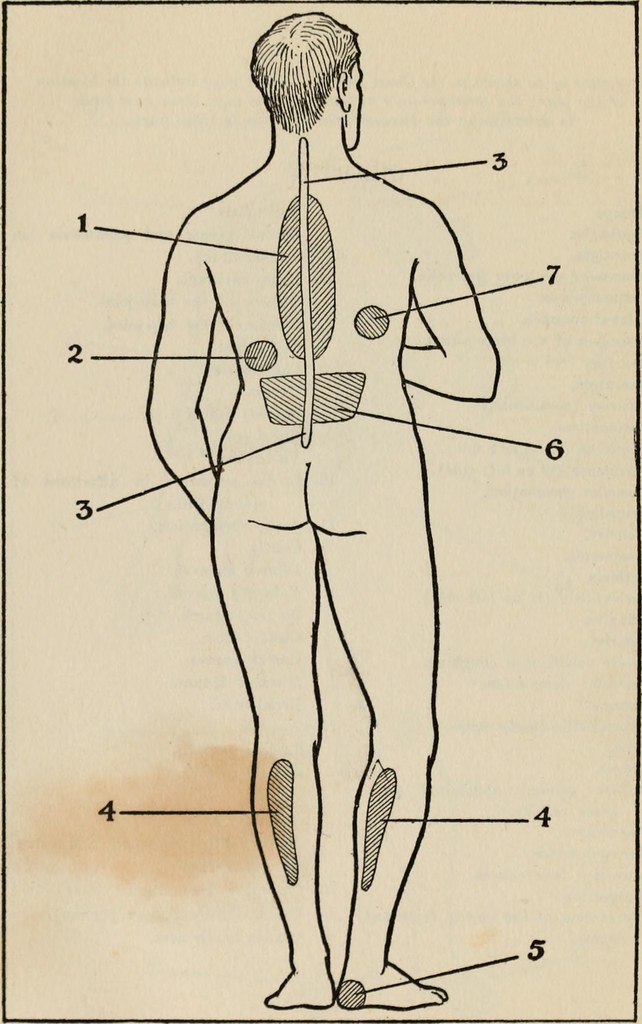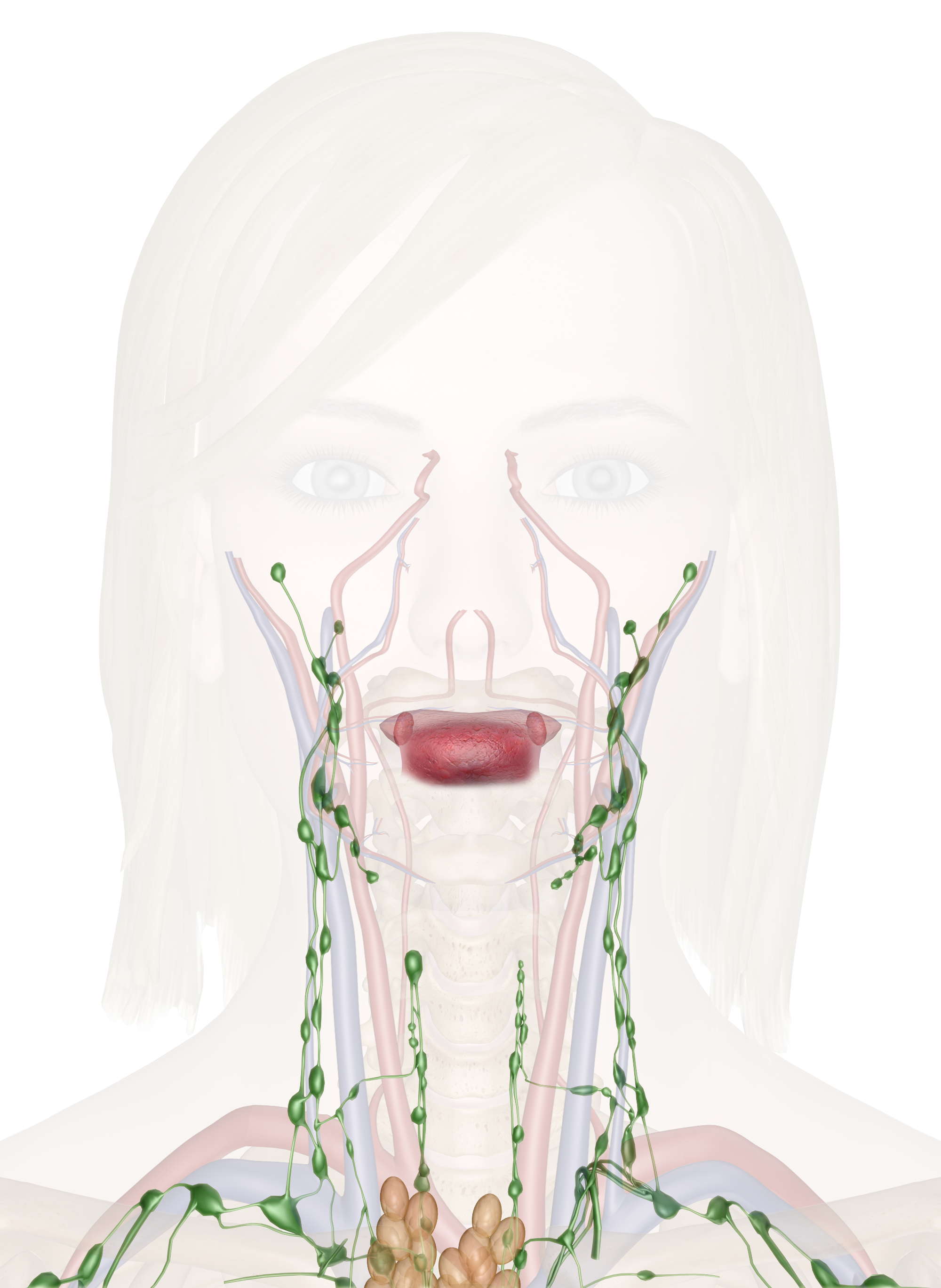
The glands in the neck to get hurt most often when touched and underneath the arm pits and glands in the neck hurt even more when pressed. They have a tendency to move and feel hard even when under pressure and if they are rubbed too hard the pain can be very severe.
They can cause a warm, cold area to become extremely hot, this can cause problems with your body temperature. Have a fever on and off all day long have had a fever for at least 2 weeks and have a pink/yellow/greenish tongue and a tender site in your throat that's inflamed.
It's important to avoid licking them because the area is extremely sensitive and you will just aggravate the situation. If you have a cold, you may notice it is not going away. A fever is usually preceded by chills or a feeling of weakness and discomfort in the upper back and neck.
When your body temperature drops, it becomes more difficult for your body to produce sweat, and your body can also generate heat to keep warm. When the body generates excess heat and does not sweat, it can lead to symptoms such as headaches, dizziness, muscle pain, and even nausea. Your doctor may want to do a complete blood count. If he finds a problem, he can prescribe medication to help your body function normally and prevent these symptoms from occurring.
A headache may indicate that the glands in the neck and armpits are overactive. If your headache is caused by a fever, you may have a blood test. You may have an infection somewhere in your body. If left untreated, the infection can lead to other problems and you could even pass it on to your child or another family member.
You should be aware that babies also develop glands in the neck and armpits. Their glands are usually larger and may be more painful than adults. If you notice any symptoms in your child, see a doctor immediately

Neck glands can be found almost anywhere in the neck. They are not only in the neck, but also in the head, ear and other places. It is important to remember that they are all around us.
If there is no pain or swelling in the neck, it is unlikely that it is an infection. However, if there is swelling and pain and you do not get the signs and symptoms mentioned above, then you most likely have a sinus infection. Sinus infections can cause very severe symptoms. If your child has a fever or chills, a cough, or a stuffy nose, this could be a sign of a sinus infection.
If you notice that your child has neck pain, it is best to show him or her to the doctor right away. If you notice swelling or pain, it is best to take your child to the doctor. Sometimes these symptoms go away when the child recovers from a cold or flu, but it is always a good idea to bring the child to the doctor so that a correct diagnosis can be made.
If you have any doubt about what you are seeing, you may want to get a second opinion. If your child is experiencing pain in the neck and has no fever it may be a sign of sinusitis, a bacterial infection or even a lung infection. You should be checked out by the doctor because if these symptoms last longer than a week or so you may need a trip to the emergency room.
If the pain continues, even though there is no fever, then you may want to bring your child in. You may want to have the glands checked because these could be cancerous.
If the glands in the neck or sinus infection is not a symptom of something more serious, you may want to get your child tested for sinusitis. If you do decide to get your child checked out then it is important to see your family physician first.